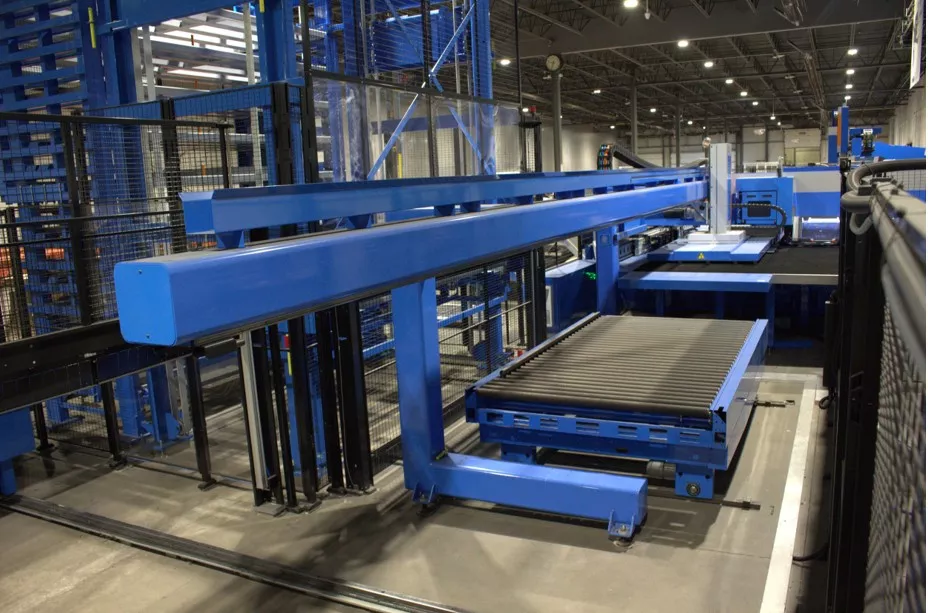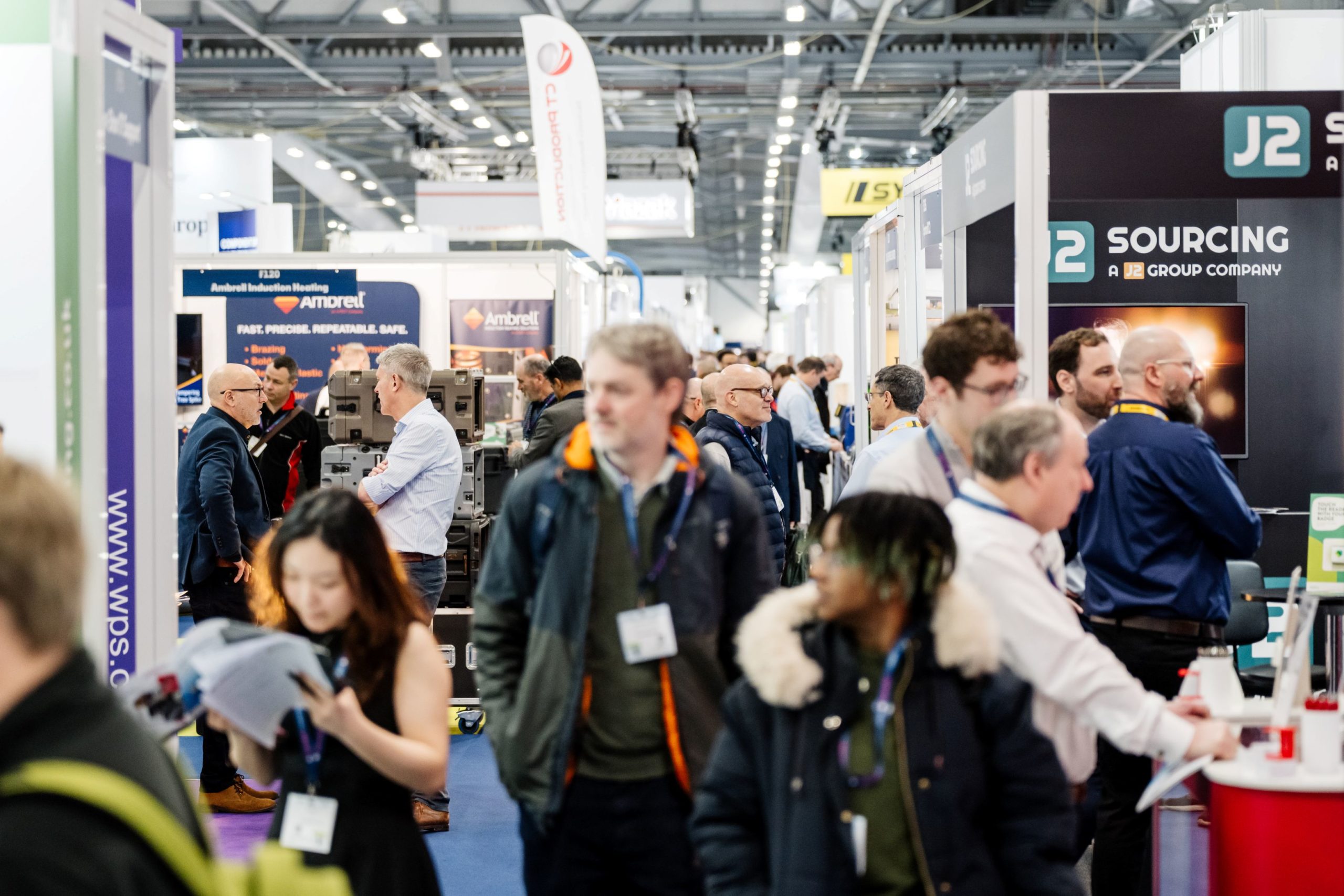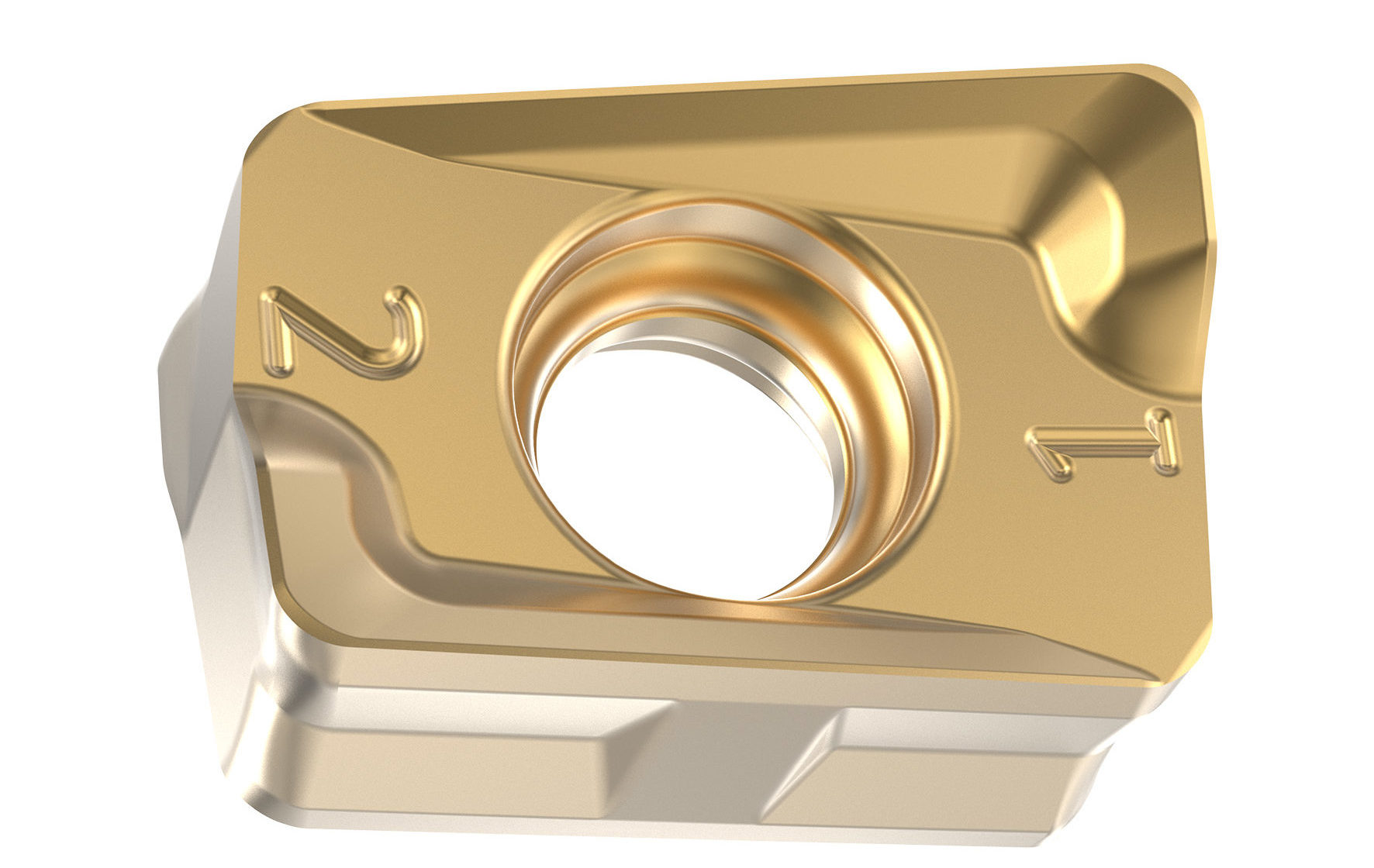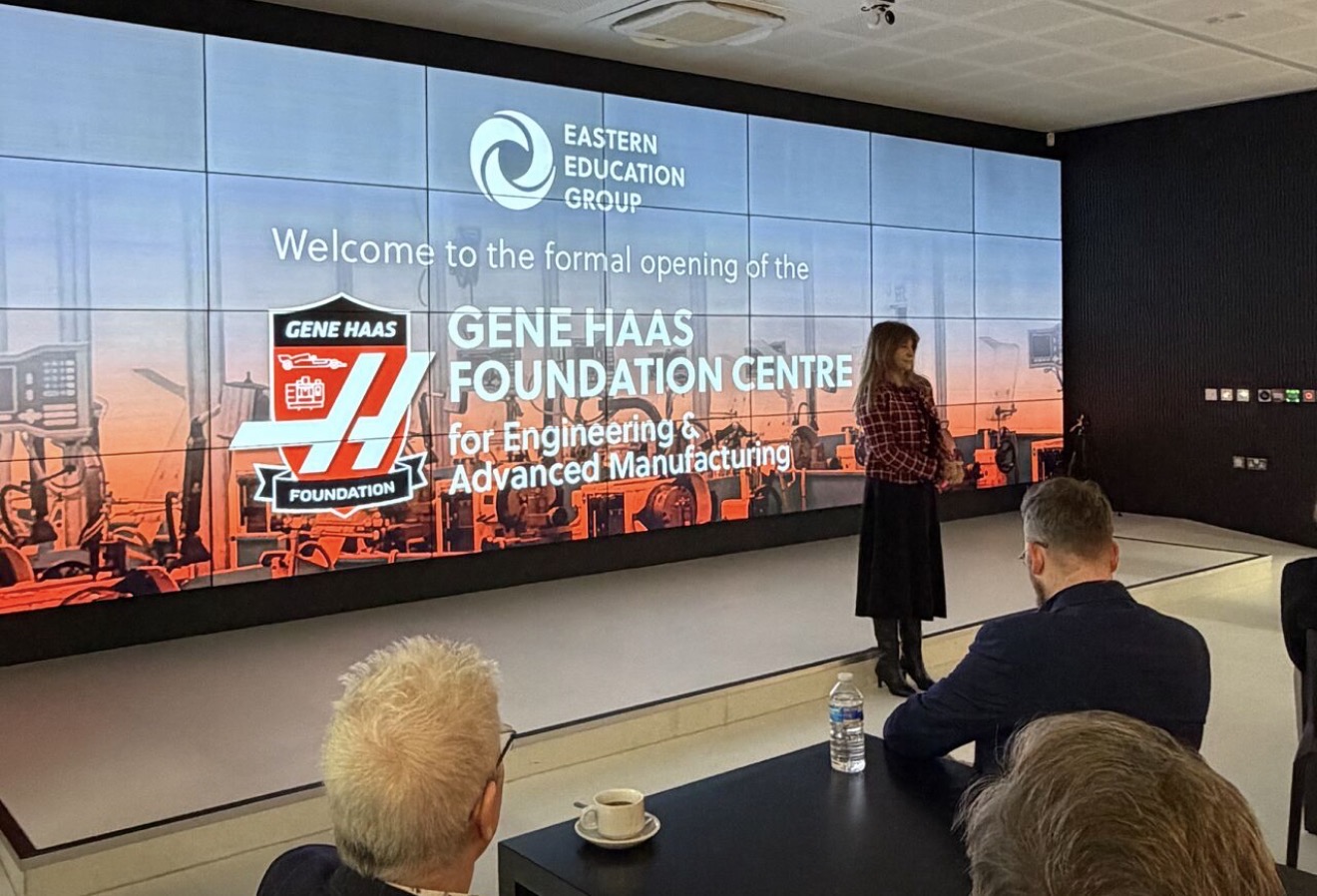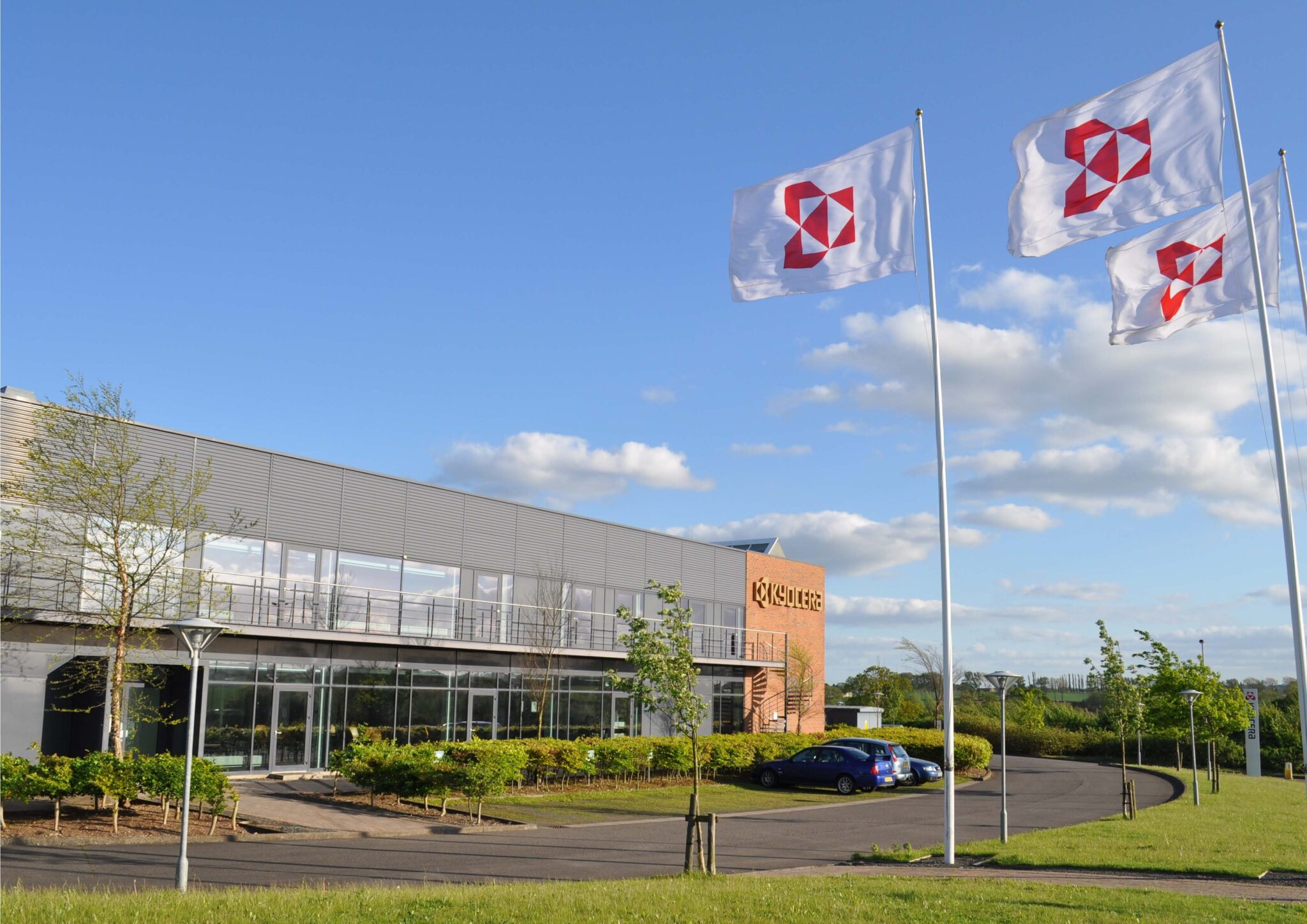A quality engineer’s flexible friend
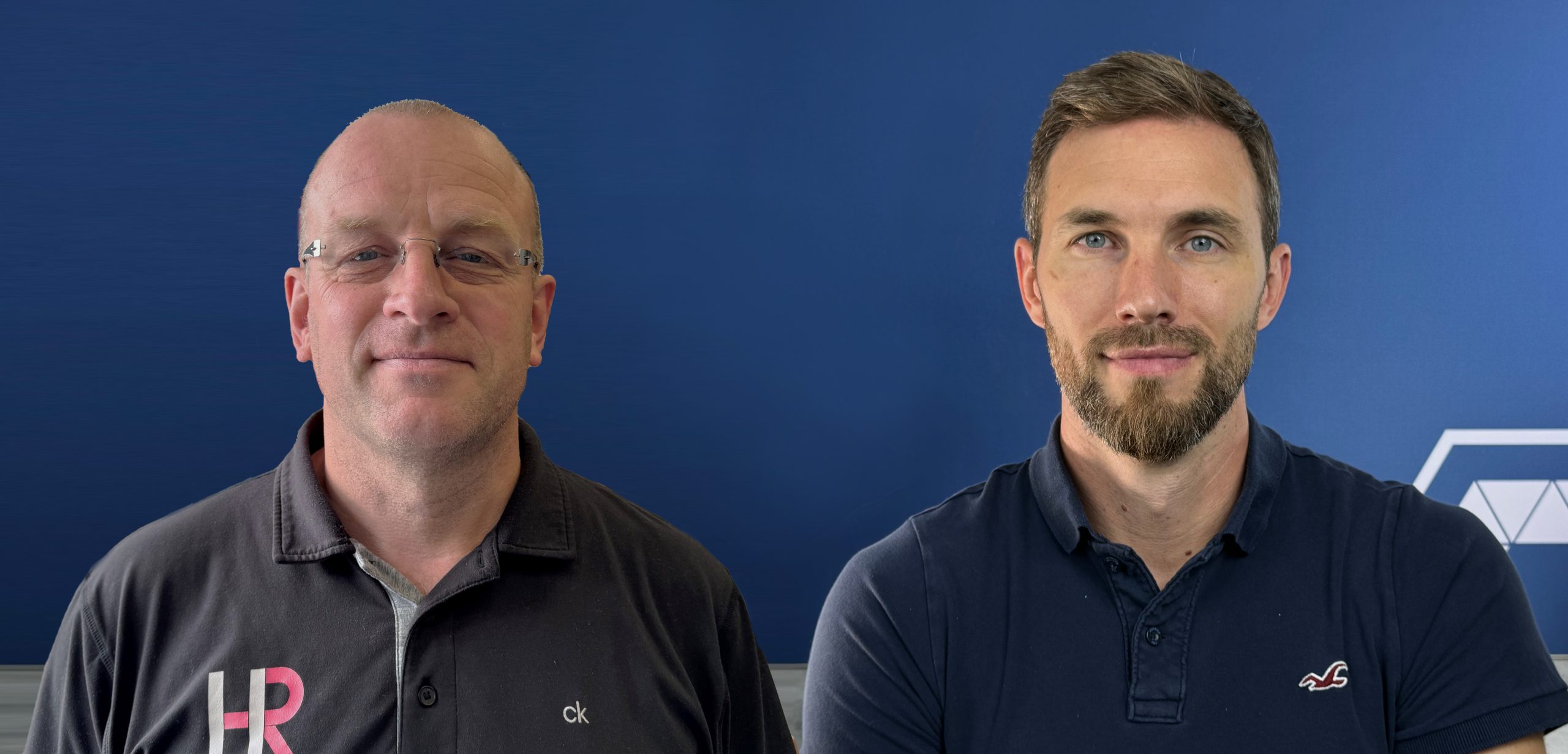
Many manufacturing companies encounter component features that are either difficult or impossible to measure using conventional metrology products. But help is at hand from moulding compounds like Plastiform, a solution that represents a fast and cost-effective way forward with no shortage of precision on offer thanks to its micron-level capabilities.
Any quality engineer looking to overcome accessibility issues when trying to take important measurements will benefit enormously from Plastiform. The product also serves to expand inspection and measuring capabilities, while simultaneously increasing efficiency and saving cost.
Gaining familiarity with using Plastiform takes a matter of minutes. Simply degrease the part, apply the compound from a cartridge using a handheld dispensing gun, leave it to cure for 6-8 minutes, remove the impression (no tools required), and inspect it using a profile projector or shadowgraph. It’s even possible to slice the impression if necessary. Most notable of all, the impression will offer accuracy to within ±1µm of the actual feature.
In good form
Developed in the 1980s to inspect and measure internal forms, there are now more than 20 Plastiform compounds available for a whole host of other applications, including external forms, indirect roughness testing, and the visual inspection of internal and external surface finishes.
So what exactly is this somewhat remarkable compound? Understandably, the formulation is a closely guarded secret.
“We only reveal that Plastiform is a proprietary two-part silicon compound that offers the lowest shrinkage possible, hence its capability of replicating features to within ±1µm,” explains Vincent Majeau, Export Sales Manager at Rivelec, the French parent company that markets its products under the Plastiform brand. “Although we’ve since developed an expansive Plastiform range, the original formulation remains unchanged and is still our best seller. Sure enough, these days we have a few competitors but I cannot ever recall losing a customer because they found a better product. Our range is also far more extensive, which means we have more application-specific solutions.”
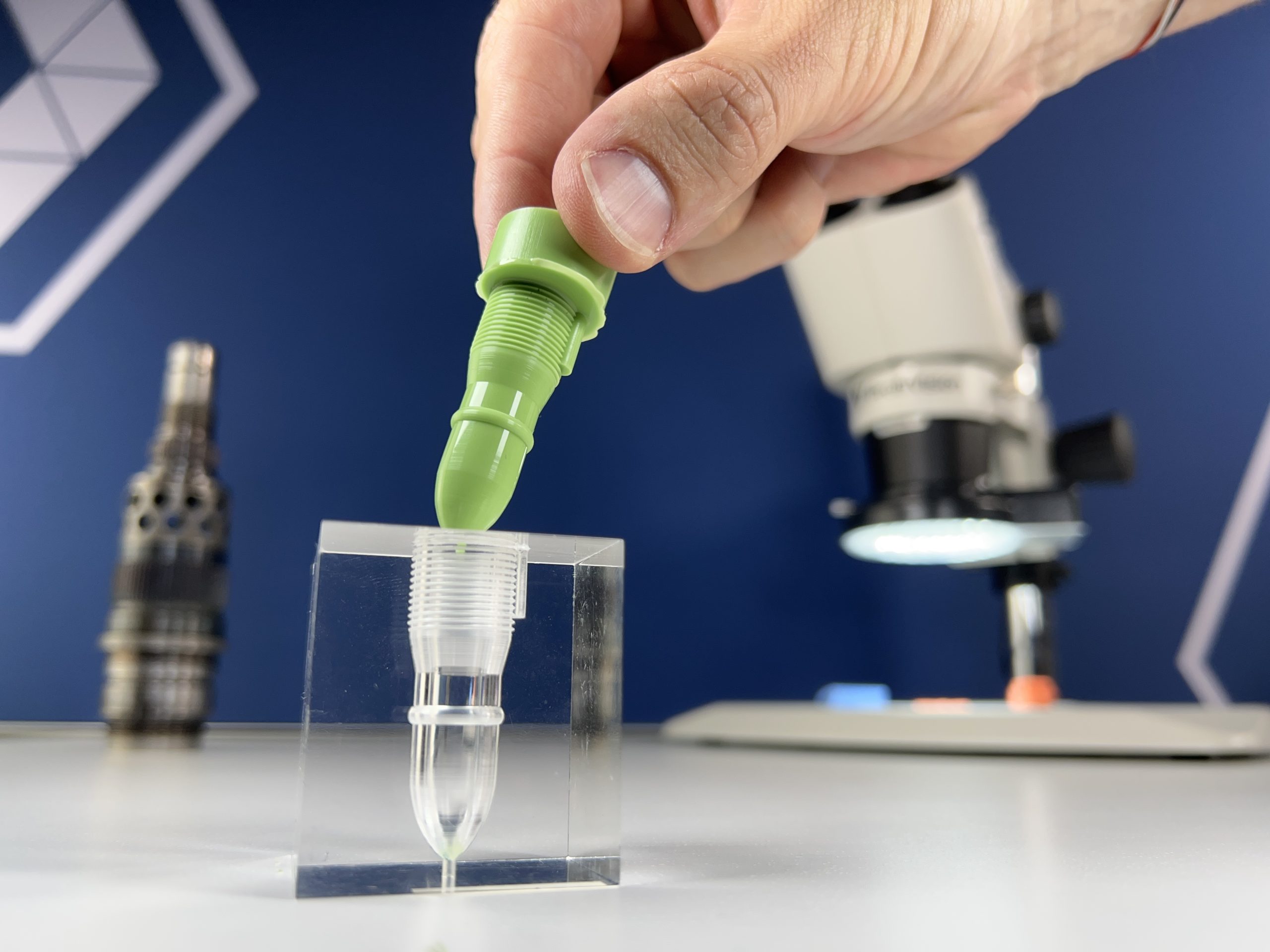
Liquid refreshment
Plastiform is most commonly available as a liquid, offering a honey-like consistency suitable for internal forms. For external and vertical surfaces, users can turn to a Plastiform paste or putty, while for bigger parts, larger volume products are available.
“All Plastiform compounds are non-toxic,” reveals Vincent Majeau. “Furthermore, they release no chemicals and users do not require any PPE.”
Those new to Plastiform can dip their toe in the water by purchasing a starter kit containing compounds, application gun, nozzles/tips, blade cutter, degreaser and removal aids. Customers can subsequently acquire replacement or additional compounds as necessary. The entire range is available in the UK from sole approved distributor H Roberts and Sons, which provides a dedicated website and comprehensive technical support, including customer trials.
“H Roberts is an impartial metrology reseller for major brands that include Mitutoyo, Tesa and Bowers Group; we are also Plastiform.co.uk,” explains Phil Cadman, Sales Manager at H Roberts. “Plastiform provides the optimal solution in many specific applications and it has become a large part of our business today. We carry comprehensive Plastiform stock and offer a next-day delivery service.”
He continues: “The aerospace industry is the number one user of Plastiform products in the UK, although the motorsport, medical and oil and gas sectors are also strong. Why? Because there’s no need to design or buy a hard gauge. For example, if a gear tooth angle requires a design change during the R&D cycle, it would likely necessitate buying a new ring gauge or plug. In contrast, Plastiform users can simply take a new impression and measure the features of the gear tooth optically as part of a much faster and far more cost-effective solution.”
By popular demand
Demand for Plastiform is growing rapidly, with Rivelec today generating annual turnover of more than €2 million. An impressive figure considering the typical cost of a cartridge is only €20-30.
There are obviously no major capital expenditure requirements with this low-cost product,” says Phil Cadman. “It’s also non-destructive: there’s no need to section and deburr components, saving a massive amount of time and cost. In our experience, appreciating Plastiform is all about awareness. Once quality engineers see the product’s capabilities, it becomes a light bulb moment.”

